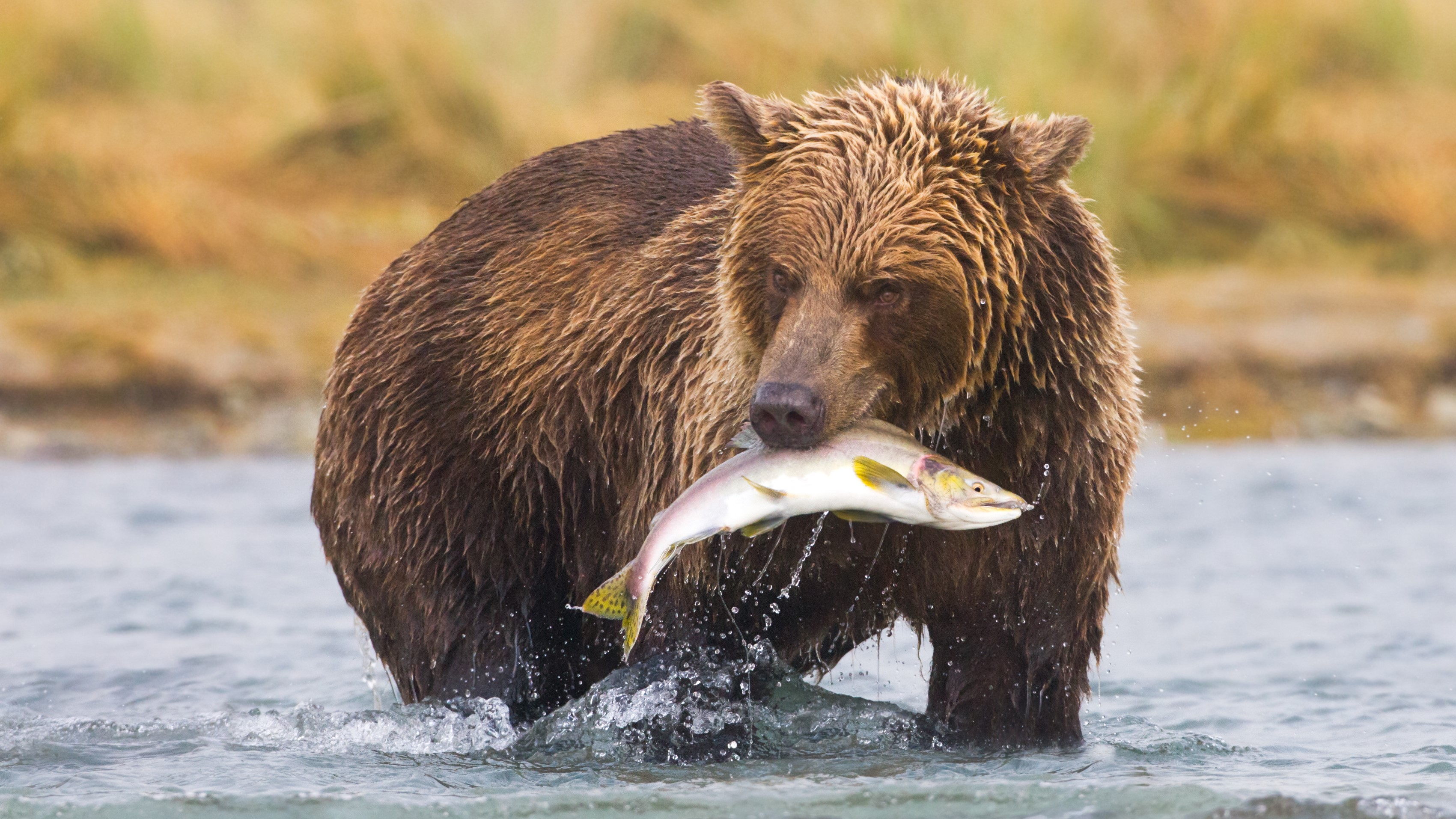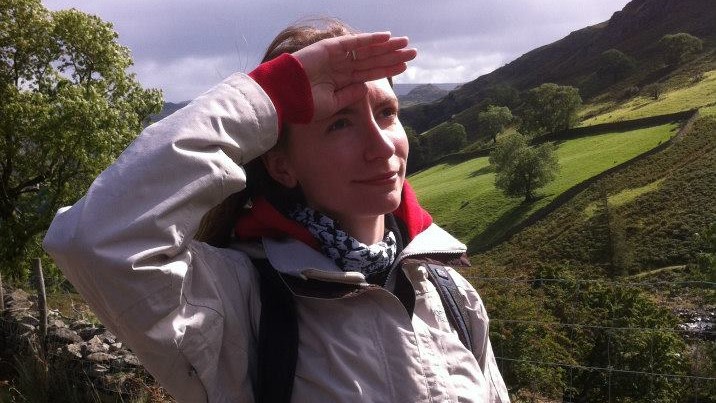
Officials from Colorado Parks and Wildlife (CPW) have issued a stern warning to residents and campers as the state's bears enter hyperphagia – a state of increased feeding to build up the fat stores that will sustain the animals during hibernation.
As Out There Colorado explains, the bears will spend up to 20 hours a day searching for food, and consume up to 20,000 calories per day. The animals aren't picky; their diet will include natural food sources like insects, scavenged carcasses, and plants (like the mesquite beans favored by bears at Big Bend), but they will also take human food and garbage if it's available.
Bears have an extremely keen sense of smell, and can detect potential food sources several miles away, so CPW has issued a list of guidance to help campers and residents avoid contact with bears.
These include keeping a clean camp, cooking food well away from your tent, and hanging food at least 100ft away from your camp if staying the backcountry. The organization has published a release containing its full guidelines.
Fat Bear Week
If you want to watch bears' natural feeding habits from a safe distance, you can see them hunting sockeye salmon at Katmai National Park and Preserve in Alaska. The park's rangers broadcast a livestream from Brooks Falls each year which you can watch below.
The park also holds a competition inviting viewers to cast their vote for the creature that has packed on the most weight in preparation for the winter. Voting for the winner of Fat Bear Week will begin on September 29.
All the latest inspiration, tips and guides to help you plan your next Advnture!

Cat is the editor of Advnture, She’s been a journalist for 15 years, and was fitness and wellbeing editor on TechRadar before joining the Advnture team in 2022. She’s a UK Athletics qualified run leader, and in her spare time enjoys nothing more than lacing up her shoes and hitting the roads and trails (the muddier, the better), usually wearing at least two sports watches.

